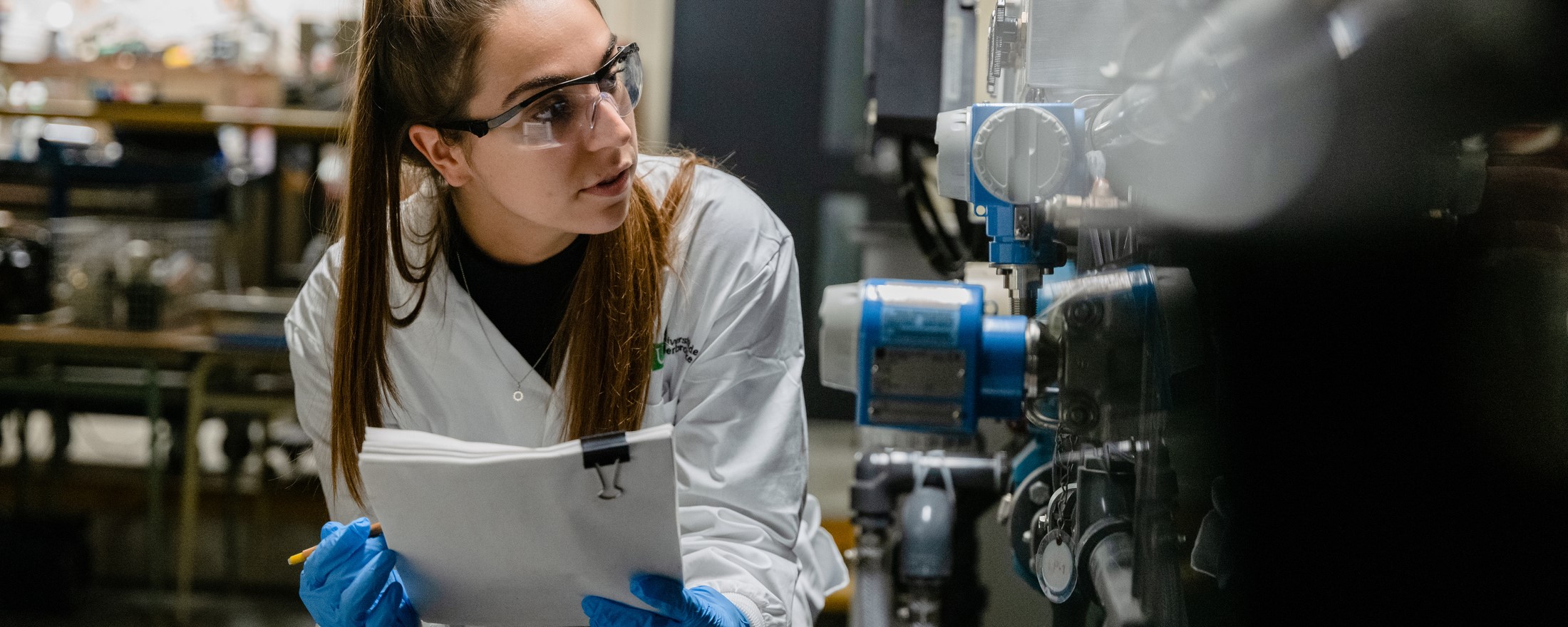Tensor network methods for quantum error correction (Postdoc)
Overview
- RESEARCH DIRECTION
- Stefanos Kourtis, Professeur - Department of Physics
- ADMINISTRATIVE UNIT(S)
-
Faculté des sciences
Département de physique
Institut quantique
- LEVEL(S)
- Stage postdoctoral
- LOCATION(S)
- Institut Quantique Sherbrooke
Project Description
Context Quantum computation promises advances in computing in the long run for diverse applications with significant economic and societal footprint. To unlock the full potential of quantum computation, it is necessary to counteract the inherent tendency of quantum systems to decohere and the unavoidably faulty nature of computing components through quantum error correction. This research project aims to implement and deploy real-world quantum error correction protocols through a partnership between the research group of Prof. Stefanos Kourtis and NVIDIA, the world leader in GPU computing. Project The research goals of this project are to a) formulate a principled algorithmic approach for the discovery of hardware-specific quantum error-correcting codes capable of supporting fault-tolerant applications, and b) develop the algorithmic blocks necessary for high-throughput code evaluation and real-time decoding with state-of-the-art tensor network techniques. By achieving these goals, it is expected that the team will enable demonstrations of real-time decoding on state-of-the-art GPU hardware. Partner NVIDIA is a world-leading manufacturer of cutting-edge GPU computing equipment. Research is to be performed in close collaboration with NVIDIA Quantum, the R&D division of NVIDIA that develops high-performance numerical libraries for the simulation of quantum systems and processes on GPUs, including CUDA Quantum and cuQuantum, as well as specialized hardware, such as the NVIDIA Grace Hopper Superchip. Team & environment The selected students and postdoctoral researcher will be joining a dynamic team of 15 students, postdocs, and researchers, led by Prof. Stefanos Kourtis. The team’s research activities enjoy generous financial support from a Research Chair in Quantum Computing awarded by the Ministère de l’Économie, de l’Innovation et de l’Énergie du Québec and funding agencies (NSERC, Mitacs). Our research team is embedded in the Faculty of Science at Université de Sherbrooke, a vibrant and diverse body of students, educators, and scientists. We are part of the dynamic research environment of the Institut quantique, a research institute comprised of more than 30 research groups from the Faculty of Science, the Faculty of Engineering, the Faculty of Humanities and the School of Management, 25 technical and professional staff members, and over 200 students and postdocs. Role available One postdoctoral researcher. The role will be remunerated competitively. The position is based at the Université de Sherbrooke campus, with flexibility for remote work. Candidates who identify as women, members of gender, sexual, visible or ethnic minorities, Indigenous people, and people with disabilities are encouraged to apply. Accommodations for maternity / paternity are available. A mentoring and professional development plan will be established for all team members. Main tasks: • Perform fundamental research on stabilizer code discovery and high-performance decoding • Manage research activities to meet or revise project roadmap • Co-supervise graduate students • Coordinate actions between team and NVIDIA collaborators Qualifications: • PhD in quantum information theory, preferably on quantum error correction • Strong capabilities in independent preparation of research manuscripts • Capacity to work with a high degree of autonomy • Capability to supervise students • Familiarity with finite-rate stabilizer code families • Familiarity with decoding techniques for finite-rate codes • Coding experience (Python and / or C preferred) • Desire to support a dynamic and diverse research team Application Interested applicants should provide the following: • Letter of motivation; where possible, provide concrete examples of qualifications and strong suits • CV including (i) publication list and (ii) names and contact information of 2 references; where possible, provide concrete examples of qualifications and strong suits • Sample of independently authored research manuscript or code repository Application material should be sent to quantum.ai@usherbrooke.ca
Partner(s)
NVIDIA
Lien complémentaire
The last update was on 6 May 2024. The University reserves the right to modify its projects without notice.
